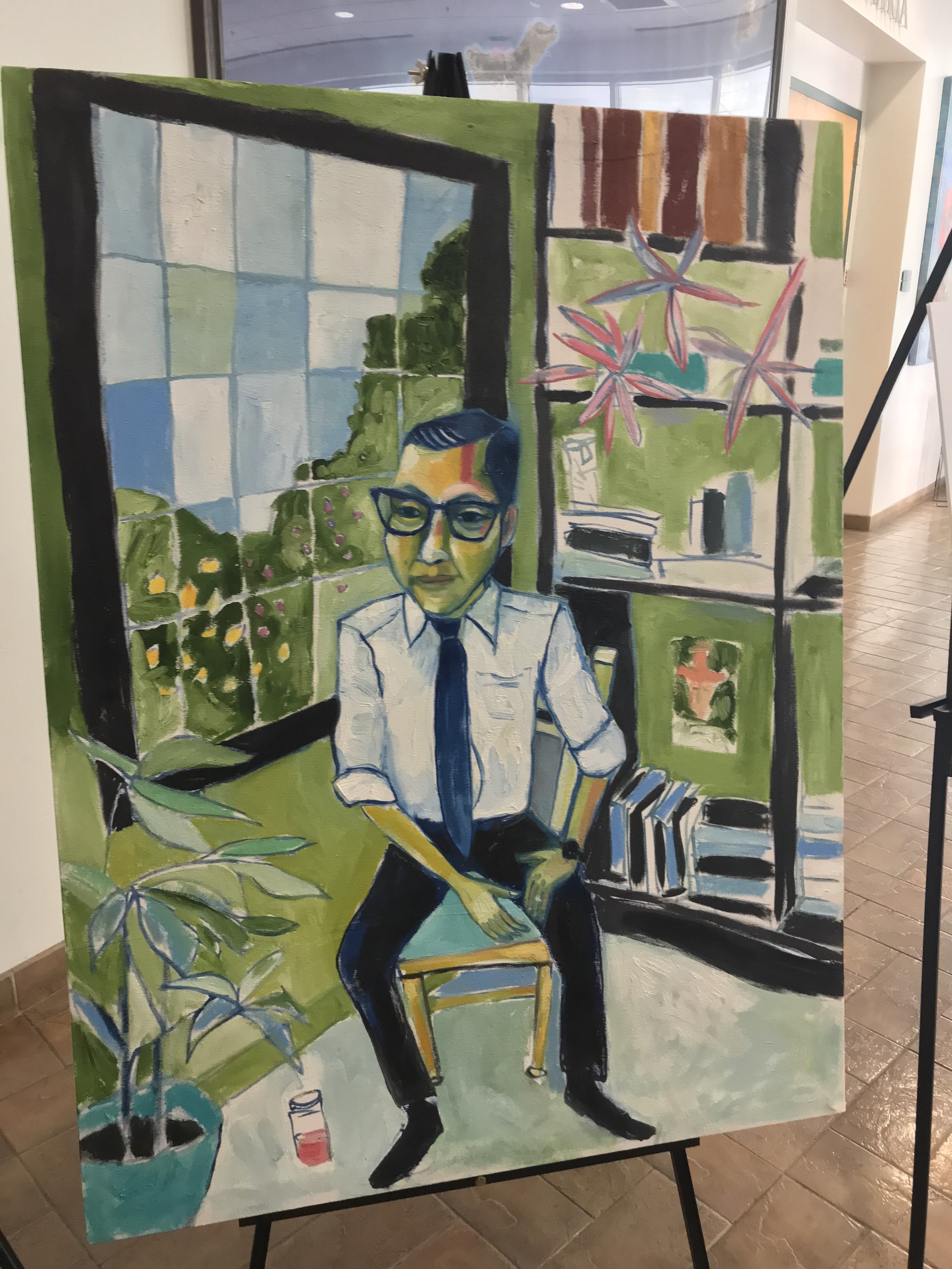Keeping Legislature Weird: About the 86th Texas Legislature
The panel met to discuss the 86th Legislative Session. (Photo by B Kay Richter - Contributing Photographer, SA Sentinel)
June 6, 2019 - Downtown San Antonio
Article By: Huey Boulet - Writer, SA Sentinel
If you begin the conversation about a Legislative Session with an opening thought such as the one posed by moderator Evan Smith at the start of Thursday's Texas Tribune event at UTSA’s downtown campus, you might feel safe with the takeaway that things are actually working out in the State Capital. The short form of the opening question could be condensed as follows: “Was this really the state’s greatest legislative session ever?” As any good moderator should, Smith addressed the hype with a grain of salt by acknowledging the media's tendency to dramatize both the positive and the negative aspects of a legislative session.
“I want to believe that you all actually had your acts together, that there wasn’t something there that I’m not seeing,” stated Smith. “I mean it really did look like a functional Legislature...I am not used to this. This is weird.”
All four public servants agreed that this last session addressed two major issues: Property Taxes and School Finance. Maintaining a healthy skepticism for the the contentious work that still lay ahead, both state Senator Pete Flores (R-Pleasanton) and State Representative Ina Minjarez (D-San Antonio) expressed their ongoing concern with a lack of transparency in how property taxes are appraised.
A portrait of Diego Bernal is displayed at the event. (Photo by B Kay Richter - Contributing Photographer, SA Sentinel)
The discussion then veered to the inconsistencies in appraisal methods throughout the 254 counties in Texas, specifically regarding how to fix inconsistencies by limiting the increase of property taxes year by year to 3.5%. Any higher increase would have to be put to a vote among constituents. When responding to the detractors who stated that a 3.5% cap may not be enough to cover the growing needs in some urban counties, State Senator Flores praised the measure as generous. However, state Representative Diego Bernal (D-San Antonio) said he saw the new mechanism for triggering these types of elections as “adding politics to general governess issues” and reiterated that the heart of the problem lies within school taxes.
With this 86th Legislature came the passing of an education bill that would provide an increase in teacher's salaries with a dynamic payment system that will reward top-performing teachers with a higher salary, as well as place them in schools needing the most improvement. Also discussed was funding for full-day quality daycare and a new approach to aspects of campus level school funding that takes into account the socio-economic factors of areas and students. These changes come off the back of a moving sentiment in the state for education that has moved the needle in relation to Pre-Kinder from overburdening socialism to passed legislation.
Despite the progressive nature of the legislature, some members still complained that the session didn’t go far enough. Representative Ina Minjarez (D-San Antonio), a staunch advocate for Planned Parenthood, described her feelings in regards to the legislative session and Senate Bill 22. The aforementioned bill was put forth by prominent Pro-Life advocate, Donna Campbell (R-New Braunfels), and bans any “taxpayer resource transaction” between a city/county and any abortion provider. “There was an issue in regards to the high number of women dying as a result of maternal mortality, especially women of color,” described Minjarez. “A lot wasn’t done to address that. Senate Bill 22 taking away much needed money that was given to Planned Parenthood to address women’s healthcare in the state of Texas.”
So, after all the smoke cleared, even though this session seemed to be one of the most successful and uniting legislatures, it appears that an ideological divide is still very much present at the State Capital.


